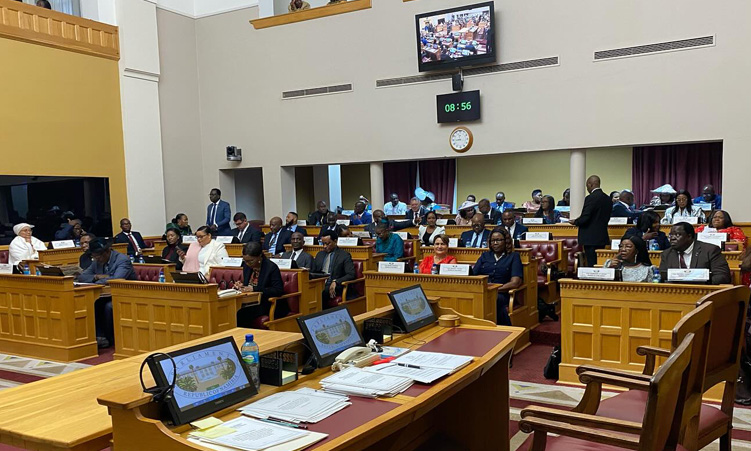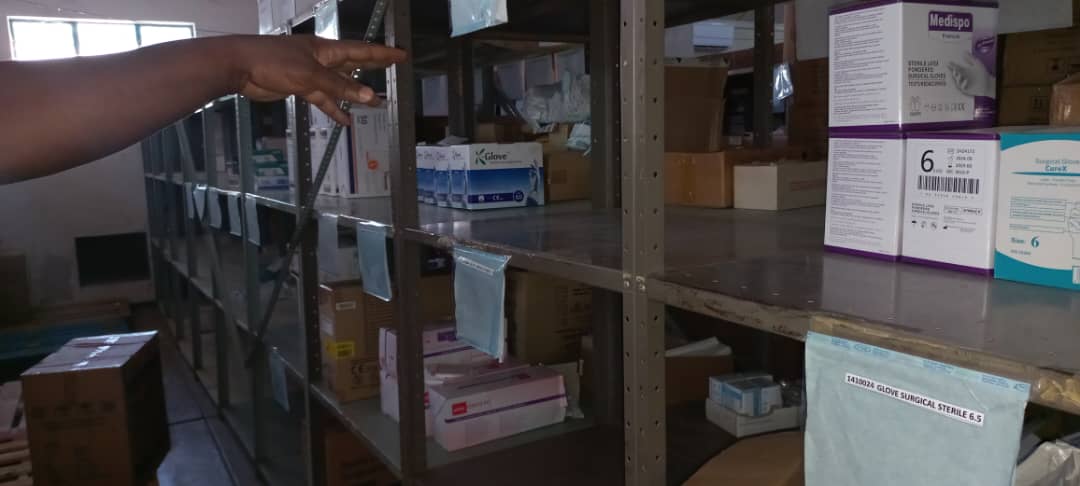RAINY seasons in Namibia will most likely become shorter but more intense, participants to a congress of the Agricultural Scientific Society of Namibia (Agrisson) were told.
The theme of the 13th congress was ‘Climate change and food security challenges in sub-Saharan Africa – current agricultural innovations’ and was held at Oshakati recently.Marina Coetzee of the Ministry of Agriculture spoke on climate change and agriculture in Namibia and pointed out the threats of climate change to Namibian agriculture and possible solutions to adapt to these threats. According to most of the scenarios published so far, the temperature in Namibia will increase by 1.5 to 2 degrees Celsius while rainfall intensity will probably increase as well. ‘The duration of the rainy season will shrink so that rainfall events will become more intense, leading to more damage and soil erosion. Alarmingly, invader bush will probably benefit from the fertilising effect of increased atmospheric Carbon Dioxide (Co2) concentrations,’ Coetzee told the 70 participants. This emphasised the need to manage the country’s natural rangelands more sustainably. Professor Jack Elliot and Dr Michelle Glenn of Texas A&M University proposed partnerships with Namibian organisations to build linkages between research, teaching and outreach to provide new entrepreneurial strategies for farmers based on sustainable natural product development. ‘The aim is to establish a centre of excellence in agricultural value chain education. With Agrisson they hope to co-host the 2011 conference of the Association for International Agricultural and Extension Education (AIAEE) in Windhoek, which is planned for July 2011 and we resolved to collaborate where able and appropriate,’ said Dr Axel Rothauge, Chairman of Agrisson.In total 28, presentations were given on a wide variety of topics falling under categories of crop science, livestock and rangeland management, and natural resources management. Extended abstracts of these presentations on CD were given to each of the Congress participants and are available from the Editor Ibo Zimmermann (061-2072461), at N$50.Agrisson prizes were awarded to agriculture students of Ogongo, Neudamm, Unam and the Polytechnic for their good performance and exemplary attitude. These students had been invited to Oshakati to participate in the Congress and their expenses were funded by Nored. Agriculture Minister John Mutorwa, who opened the congress, called on scientists to solve challenges facing all forms of life from threats such as climate change, through research. Congress participants visited a nearby farm for a demonstration, by Gerhard Baufeld of Leather Connection, of the animal-drawn mahangu planter he designed. This planter had jointly won the design prize recently awarded by the Namibia Agronomic Board, because it featured a specially and precision-engineered planting drum mechanism that can expel sticky mahangu seed without damaging it and reducing its germination success.Delegates further visited the Etunda near Ruacana, where about 600 hectares are under irrigation. Half the total area is commercially cropped by the contractor and the other half is farmed by 86 smallholders, who are serviced by the contractor. Climatic conditions favour a long harvesting season and an early start to the season, which gives Etunda a competitive advantage. Under the revised Green Scheme, greater control would be exercised over the farming carried out by the project’s small-scale farmers to ensure their viability.Agrisson also celebrated its 21st anniversary during the congress.
Stay informed with The Namibian – your source for credible journalism. Get in-depth reporting and opinions for
only N$85 a month. Invest in journalism, invest in democracy –
Subscribe Now!










